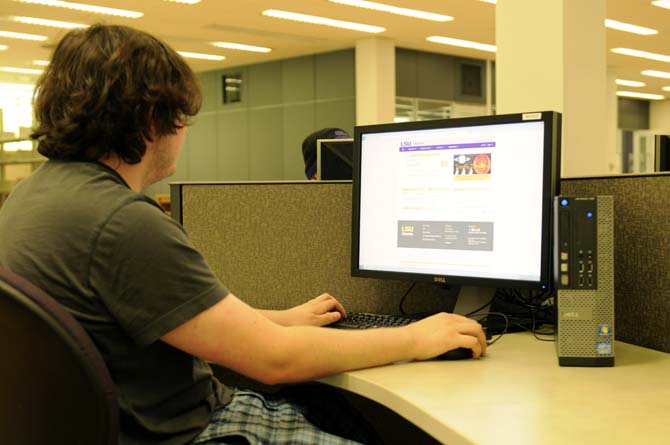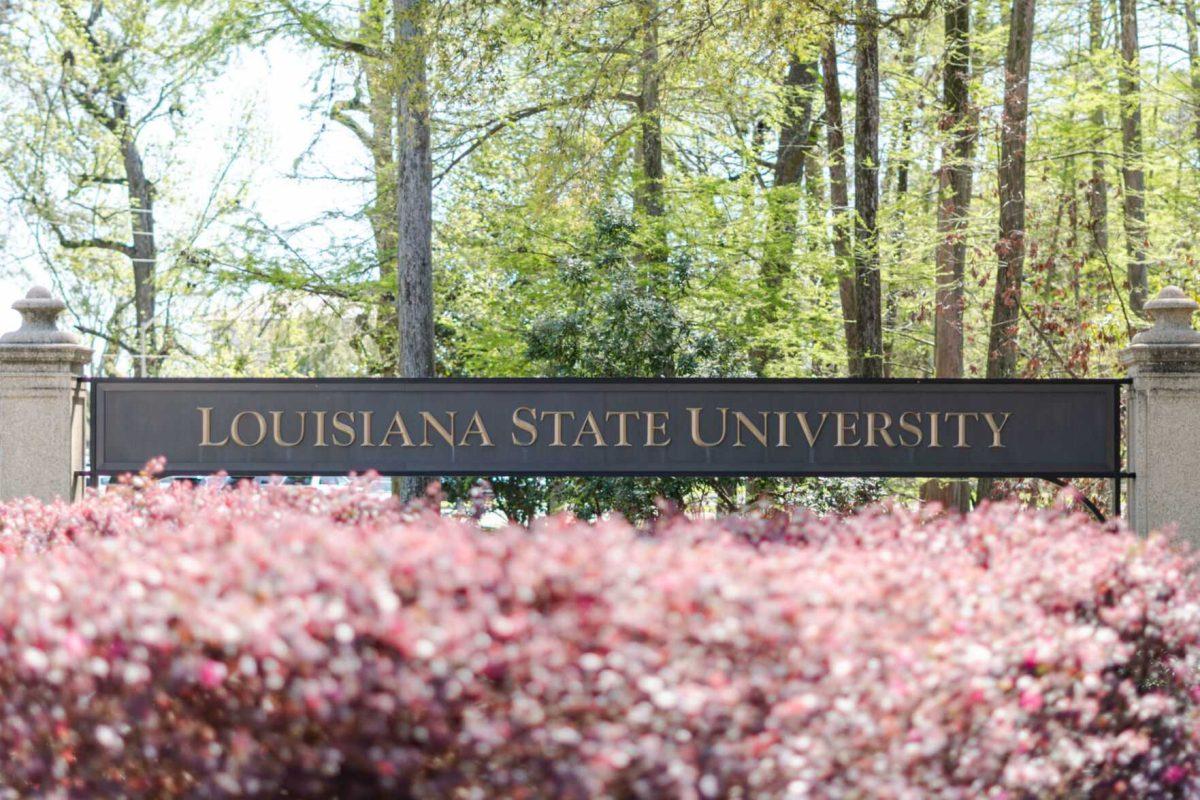The School of Electrical Engineering and Computer Science is playing games.
Today, the computer science department is launching the Code IT Up Challenge, an interactive gaming experience that gives prospective high school students the opportunity to hack their way into a scholarship.
Communications manager for the College of Engineering Sydni Dunn said the creative recruitment technique is one of several departmental efforts to cultivate interest in the computer science program.
High school students are often overwhelmed by a barrage of college mail, much of which inevitably lands in the trash, Dunn said. The Code IT Up Challenge is a more exciting way to expose students to the quality of LSU’s computer science program.
“If we’re not being conscious about how we’re reaching out to students, then we’re not going to get their attention,” Dunn said. “It’s important because we want to recruit the best and the brightest to study computer science at LSU.”
In 2013, LSU launched a partnership with IBM and Louisiana Economic Development to develop computer science opportunities in the state. The IBM Services Center in Baton Rouge committed to creating 800 technology jobs in the state, which would attract University graduates.
In turn, the University agreed to increase funding for the computer science program while hiring new faculty, expanding course offerings and increasing the number of annual computer science graduates, Dunn said. Attracting successful students is crucial to the success of the partnership.
Logan Leger, a 2013 computer engineering alumnus and CEO of NewAperio, worked with Dunn and the computer science department to develop the game.
“I was really excited when I heard this idea because I thought it was perfect,” Leger said. “This is the exact type of thing that would have gotten me excited as a prospective student.”
Leger and a small team of computer engineers from his web and mobile engineering firm worked with University faculty and students to develop the game during fall 2015. The team drew from personal gaming experience and modeled the game after international capture the flag computing competitions, he said.
The game itself will resemble the black screen and green code images most people conjure when thinking of hackers, Leger said. Participants will log in to a server and hack through tasks to retrieve an encrypted flag before gaining access to the next level.
As players capture flags, they will be able to share badges to social media and track their progress on a leaderboard. Points are awarded for efficiency, and the top three scoring players will be eligible to receive a one-time scholarship to study computer science at LSU, Leger said.
“We wanted it to be very interactive, a lot of fun and we wanted it to be challenging because those are the types of things that will attract the kind of student we’re looking for,” Leger said. “I think we struck a great balance between entertainment and informative.”
Public response to the game has been overwhelmingly positive ahead of the launch, Leger said. Regardless of the game’s overall enrollment, Dunn and Leger agreed they would consider the campaign a success.
“Even if we have five people playing the game, it’s still reaching out to five more people than we had before,” she said.
Computer science recruitment campaign promotes skill development, offers scholarship opportunity
February 1, 2016
A student using a computer inside of Middleton Library.
More to Discover








